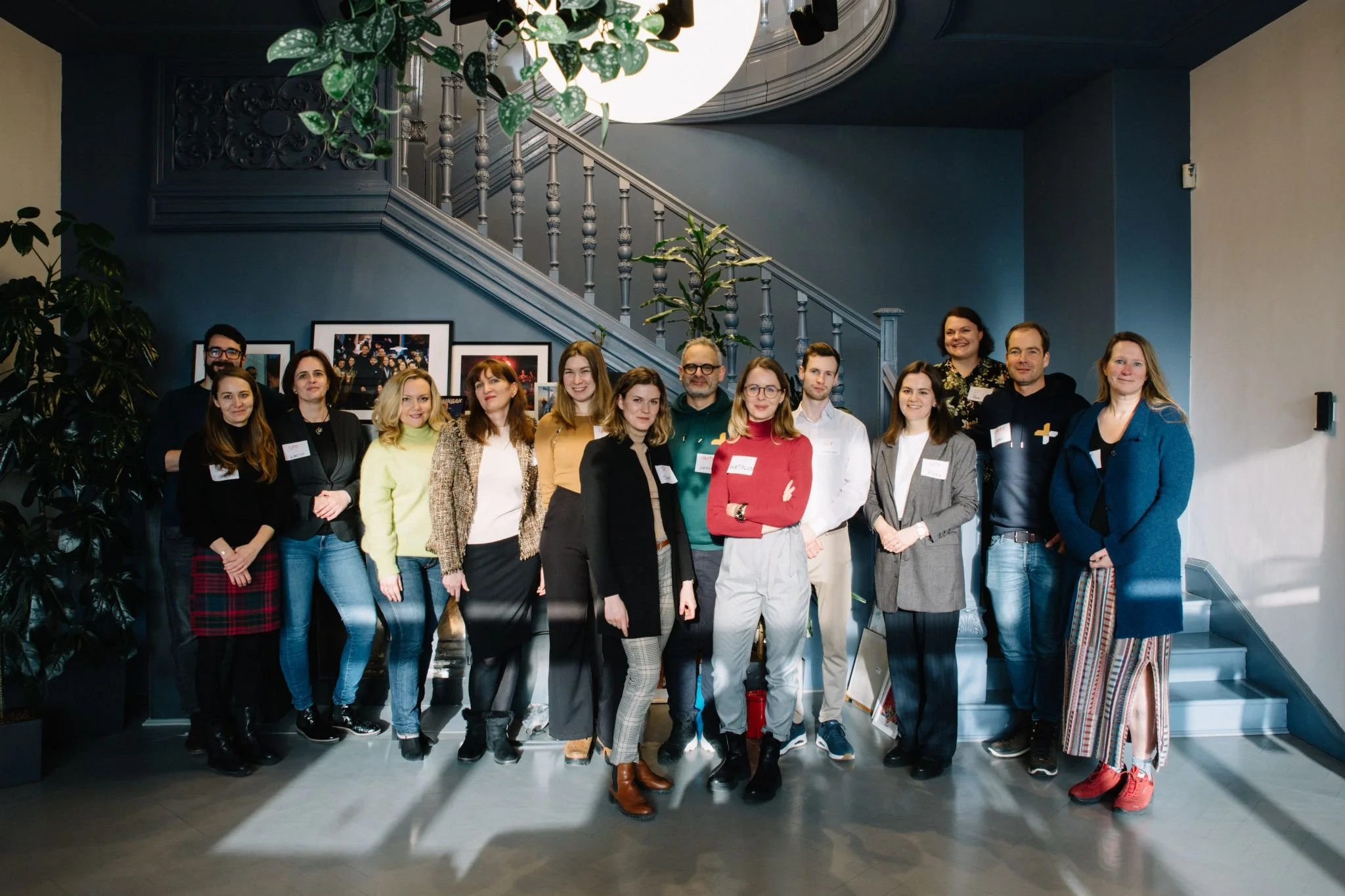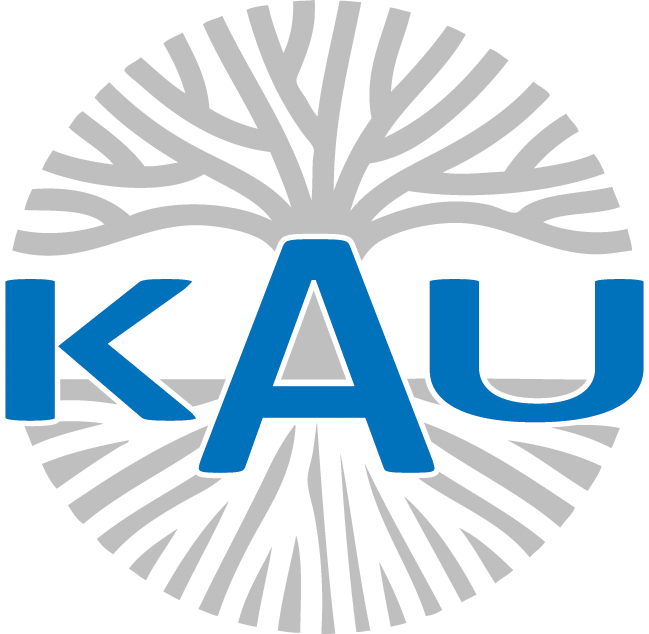Digital Energy Innovations in Europe: WEnnovate
In collaboration with energy experts, we developed an action plan to integrate digital innovations into the energy transition of the Netherlands. We also worked with Hungary, Slovakia, and Ukraine to learn from each other’s differences, challenges and unexpected similarities in building the new energy systems.
status: scaling up results
quick facts
research & workshops
Carried out research and organised workshops to co-create plans for further projects
Hungary, Slovakia and Ukraine
Collaborated across borders with other countries and learned from the country building a resilient energy system
decentralisation & digitalisation
Identified opportunities for better decentralisation and integration of digital tools, with a need for follow-up projects
problem
The energy transition needs innovative, collaborative, and systemic change, bridging technological and social innovations. However, market barriers, grid infrastructure, and funding challenges limit new players with digital and deep tech solutions. Slow regulation updates further favour big energy companies over energy communities and innovators.
solution
We talked to multiple stakeholders and researched existing overviews to determine the economic, regulatory and financial conditions for energy innovators in the Netherlands and partner countries. We also paid special attention to stakeholder buy-in, ensuring the representation of underrepresented groups. Across all four countries, decentralisation and digital integration emerged as essential for energy system development, despite varying local contexts. While progress has been made, challenges remain in empowering energy communities, ensuring cybersecurity, and educating residents on new tools.
A key insight was the divide between traditional and modern energy perspectives, influenced by political climates and the war in Ukraine. For some consortium members, this war is personal, impacting their families and homes. Nevertheless, we were able to learn from one another and build a basis for a growing enthusiasm for a sustainable energy system that offers a vital role for communities and digital solutions. To make this a reality, national and international bodies are expected to support more efforts.
Another takeaway is that while the EU’s vision and ambitions offer a forward-thinking approach and timely priority areas, they remain unfamiliar nationally. We communicated this both to the national and international policymakers. And this also flags another area for follow-up projects.
results
-
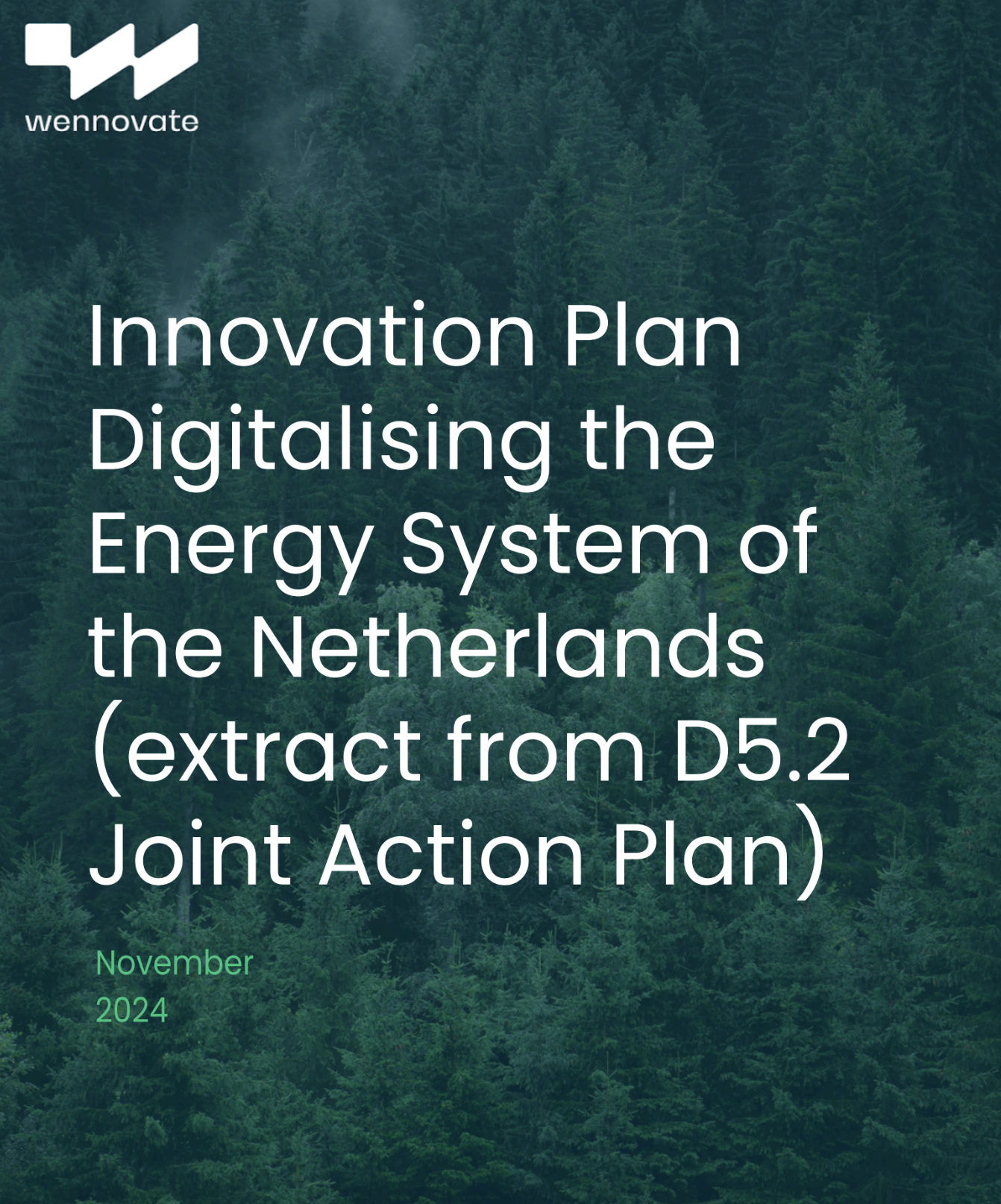
Action plan for the Netherlands [Het Nederlandse Innovatieplan]
This plan describes 12 actions we collected from partners as essential steps for, or as part of, further digitalisation of the energy system. They are in different stages of implementation and are open to new partners, researchers, financiers, and pilot possibilities. Partners: TNO, Stedin, Province Utrecht, Zenmo.
-
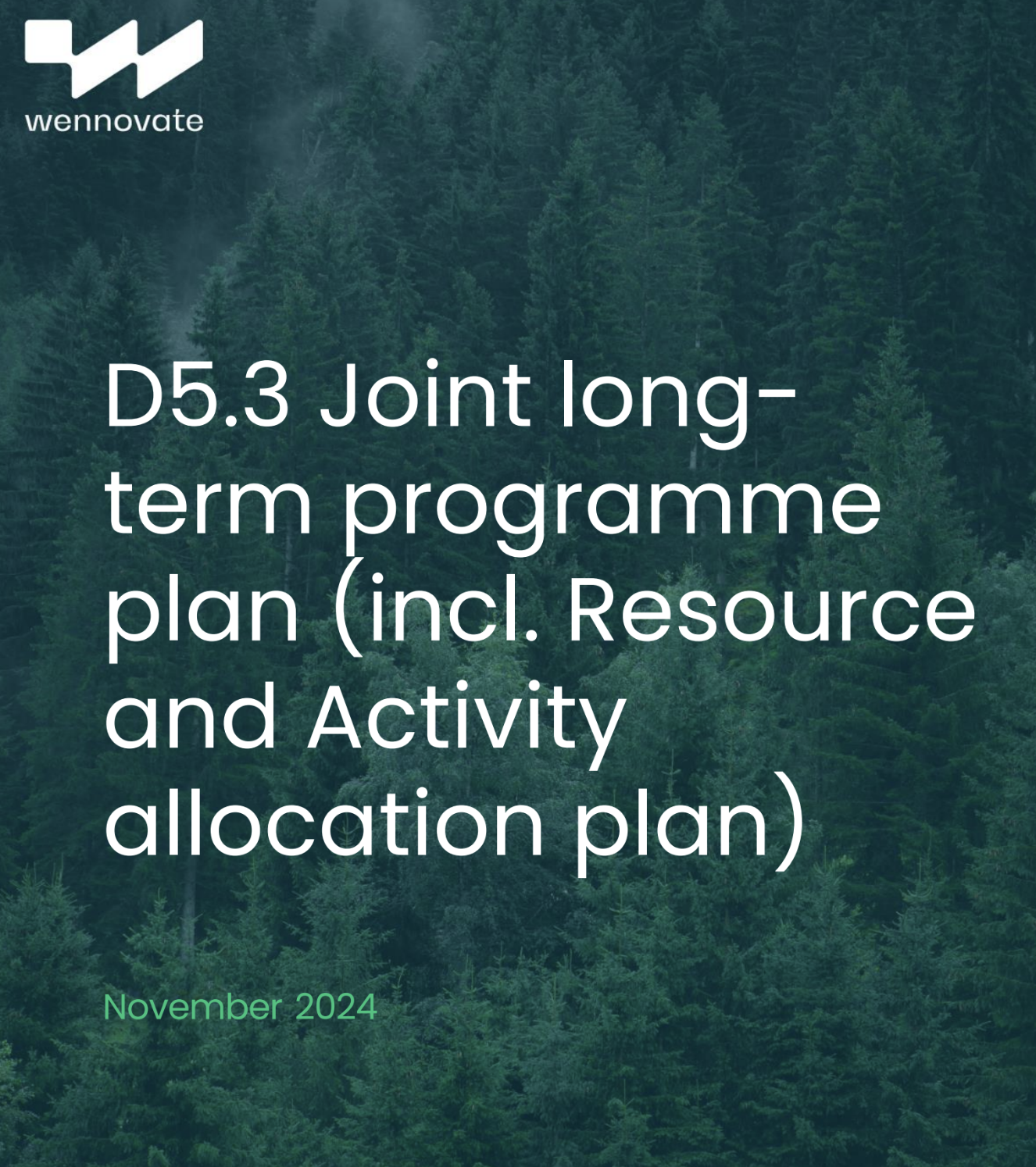
The Joint Long-Term Programme of the four WEnnovate countries
for Slovakia, the Netherlands, Hungary and Ukraine. This document provides insight into opportunities and solutions we have jointly discovered and want to continue working on.
-
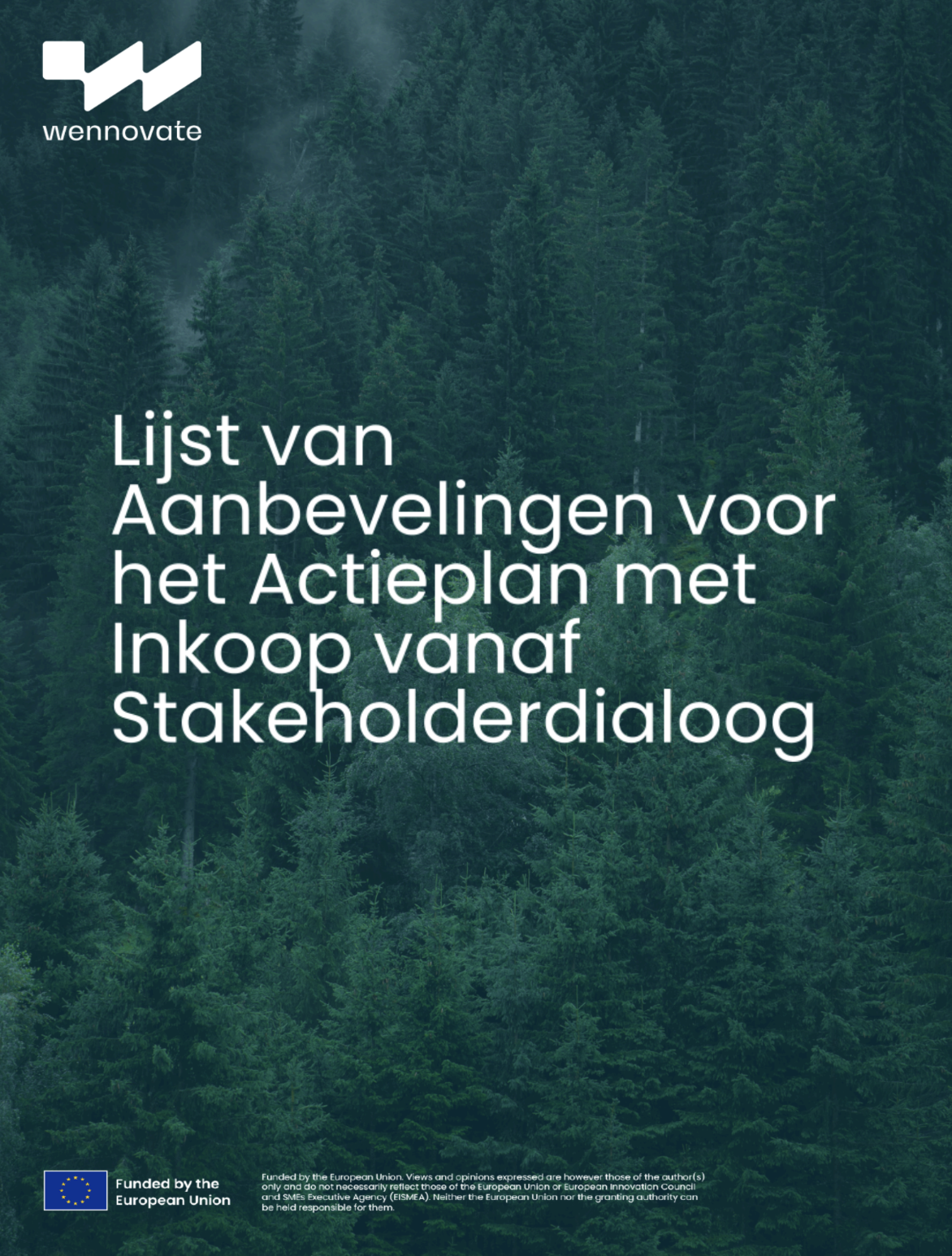
Recommendations for the Action Plan with buy-in from stakeholder dialogue
This summarises the most important recommendations based on workshops and bilateral meetings with key experts.
-
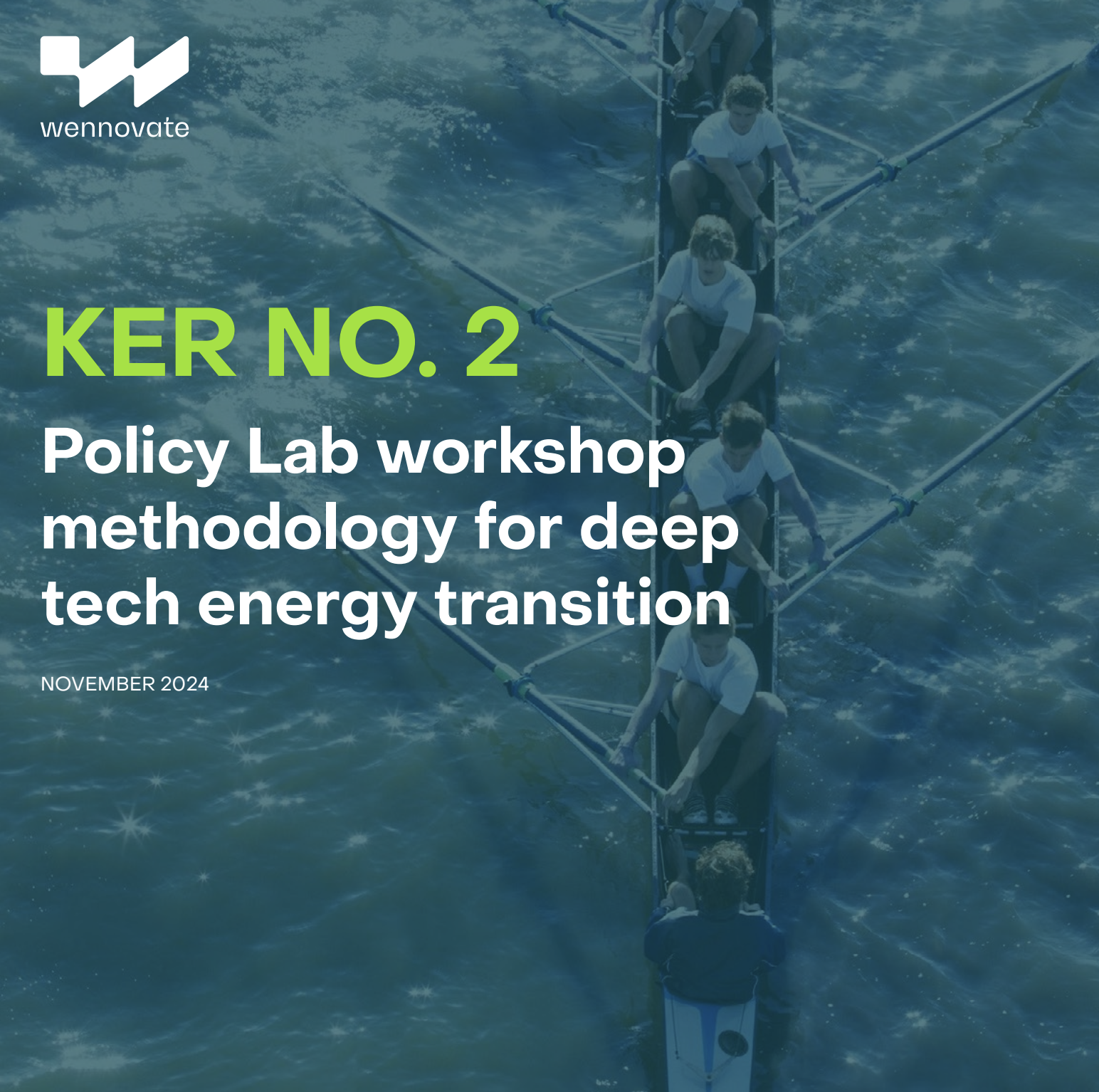
Policy Lab methodology
An approach developed during the project to organise special meetings with policy-makers, with a practical to-do list.
partners
Funded by the European Union. Views and opinions expressed are however those of the author(s) only and do not necessarily reflect those of the European Union and European Innovation Council and SMEs Executive Agency (EISMEA). Neither the European Union nor the granting authority can be held responsible for them.


